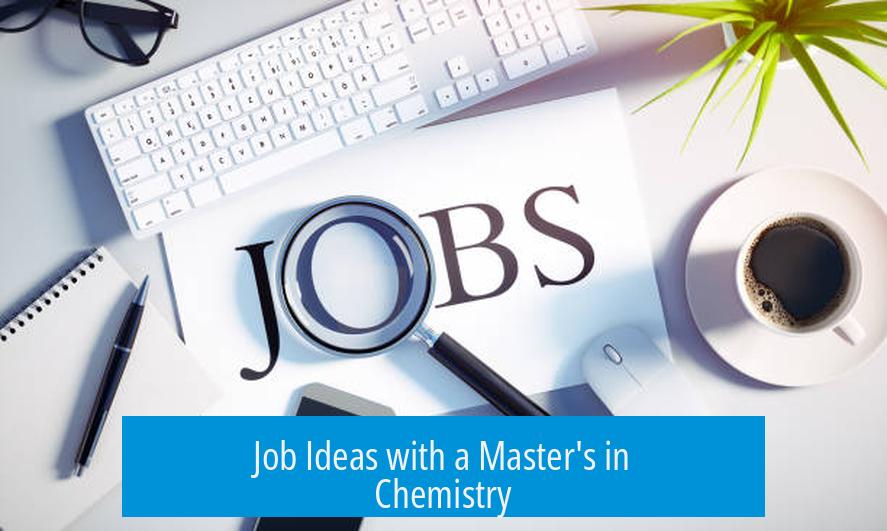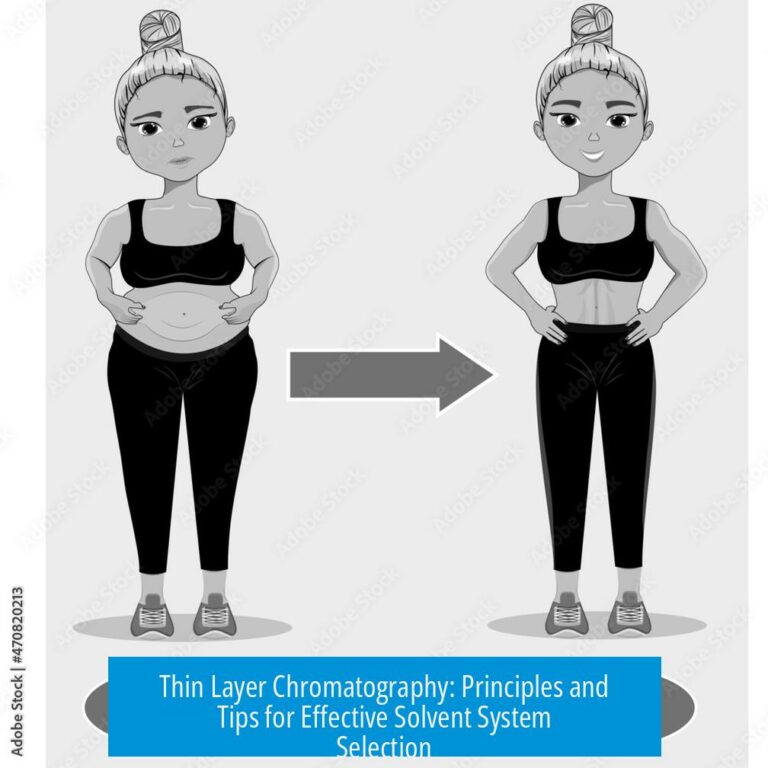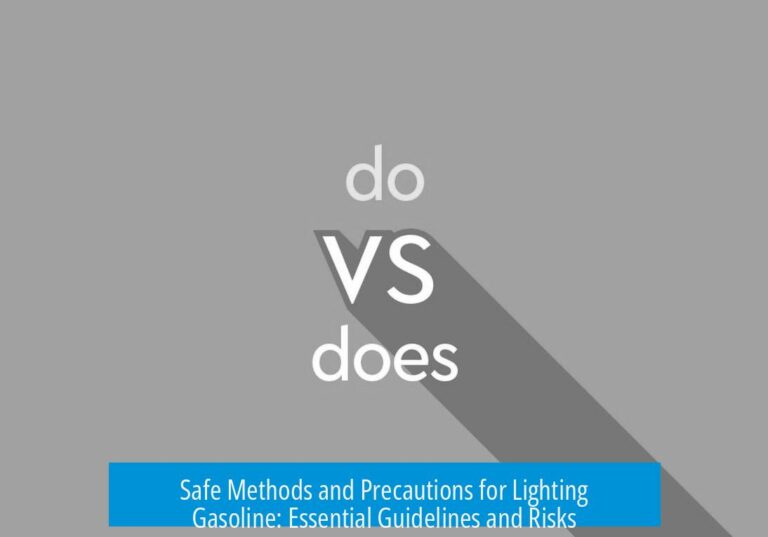Job Ideas with a Master’s in Chemistry

A Master’s degree in Chemistry opens diverse career paths beyond traditional laboratory roles. Graduates can explore opportunities across industries such as pharmaceuticals, material science, energy, defense, finance, and academia. Each sector offers distinct entry points, hiring preferences, and career trajectories tailored to varying experience levels and expertise.
Industries and Sectors for Master’s Graduates
Chemistry master’s graduates have options in multiple industries:
- Pharmaceutical Industry: Involves drug discovery, quality control, and regulatory affairs.
- Material Science: Development of polymers, nanomaterials, and composites for industrial applications.
- Energy Sector: Work ranges from renewable energy to fossil fuels and nuclear energy projects.
- Defense: Involves advanced chemical research for national security technologies.
- Analytical Science: Specializing in instrumentation and chemical analysis techniques.
- Finance: Roles in data analysis, modeling, and consulting where a chemistry background enhances problem-solving.
Many companies offer graduate schemes designed for scientists, providing structured training and career development.
Entry Points and Hiring Preferences
Graduates without industrial experience should consider graduate schemes. These programs support skill development and exposure to industry workflows.
Direct hire positions benefit candidates with relevant industrial experience. They provide faster advancement opportunities.
Lab technician roles generally do not match a Master’s graduate’s qualification level. Aspiring professionals aim for scientist roles with prospects for progression.
- Graduate schemes suit fresh graduates.
- Direct hire for experienced candidates.
- Aim higher than technician roles.
Academic Career Path
Some chemistry Master’s graduates pursue PhDs with an eye towards academia. However, academic job security remains challenging. Positions often depend on short-term funding, requiring frequent job searches and contract renewals.
PhD programs provide research depth but entail job market uncertainties post-graduation.
Temporary and Staffing Agency Positions
Temporary or contract roles via staffing agencies can offer valuable industry experience. This experience becomes an asset for future, more selective job applications.
Because chemistry roles may have limited job security and modest salaries, having a backup plan is advisable.
Hiring Realities in the Pharmaceutical Industry
The pharmaceutical sector has distinct hiring standards:
| Position Level | Preferred Qualification | Role Focus |
|---|---|---|
| Scientist 1 & 2 | PhD | Advanced research and development |
| Associate Scientist | Bachelor’s (sometimes Master’s) | Entry-level lab work |
Pharma companies tend to favor PhDs for most scientist positions. There is limited space specifically for Master’s graduates, partly due to industry perceptions. A common misconception is that a Master’s degree in chemistry implies failure to complete a PhD. This bias reduces Master’s graduates’ chances in competitive roles.
Strategies for Master’s Graduates in Pharma and Biotech
Master’s graduates can improve their prospects by applying strategically:
- Apply to Associate Scientist Positions: Generally targeted at bachelor’s degree holders, a Master’s may provide an edge.
- Apply to Scientist 1 Roles at Biotech Startups: Present a clear explanation for choosing the Master’s route to mitigate perceived shortcomings.
Success requires open communication about educational paths and demonstrating relevant skills. Especially in biotechnology startups, Master’s graduates can compete more fairly if they justify their credentials.
Key Takeaways
- A Master’s in Chemistry offers diverse opportunities beyond lab technician roles, primarily in pharma, materials, energy, and finance sectors.
- Graduate schemes are ideal entry points for those without industrial experience; direct hire suits experienced candidates.
- Academia requires a PhD but bears job insecurity challenges after graduation.
- Temporary and contract roles can bridge the experience gap and enhance employability.
- Pharmaceutical industry highly favors PhDs, limiting Master’s-level opportunities due to prevalent biases.
- Strategic applications to associate scientist and biotech startup roles can help Master’s graduates overcome industry hurdles.





Leave a Comment